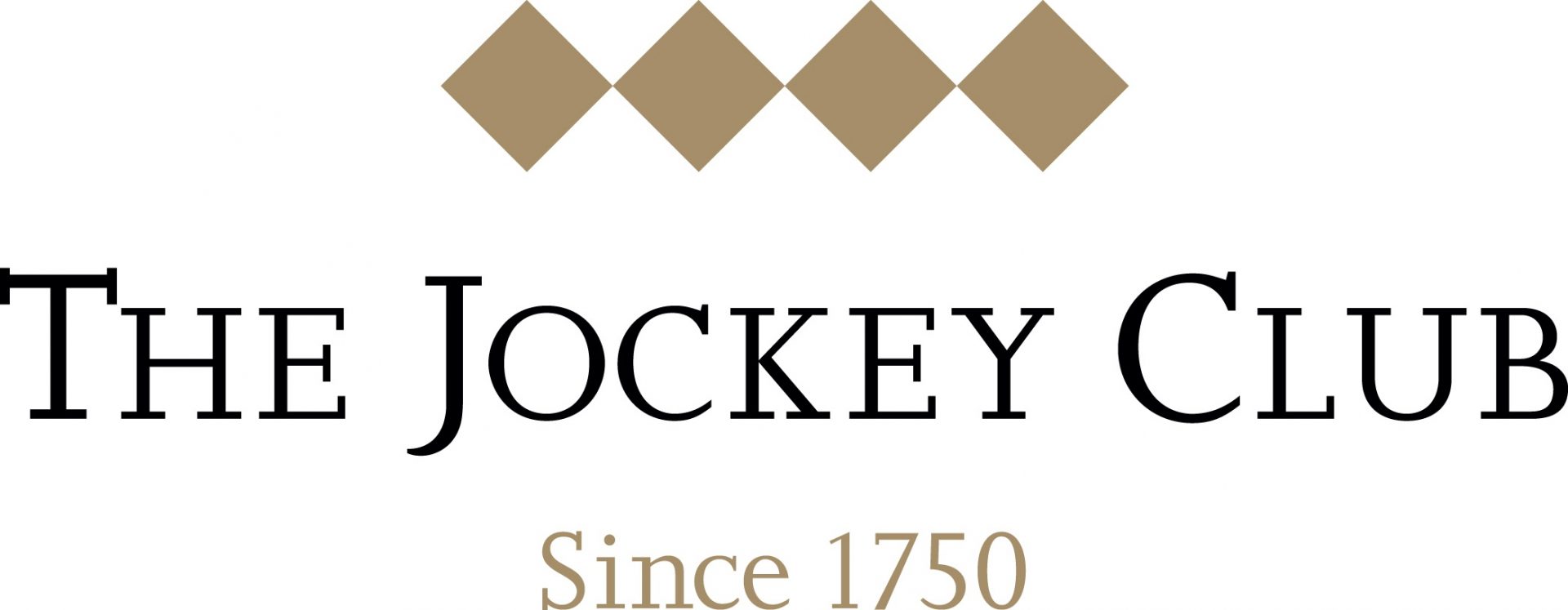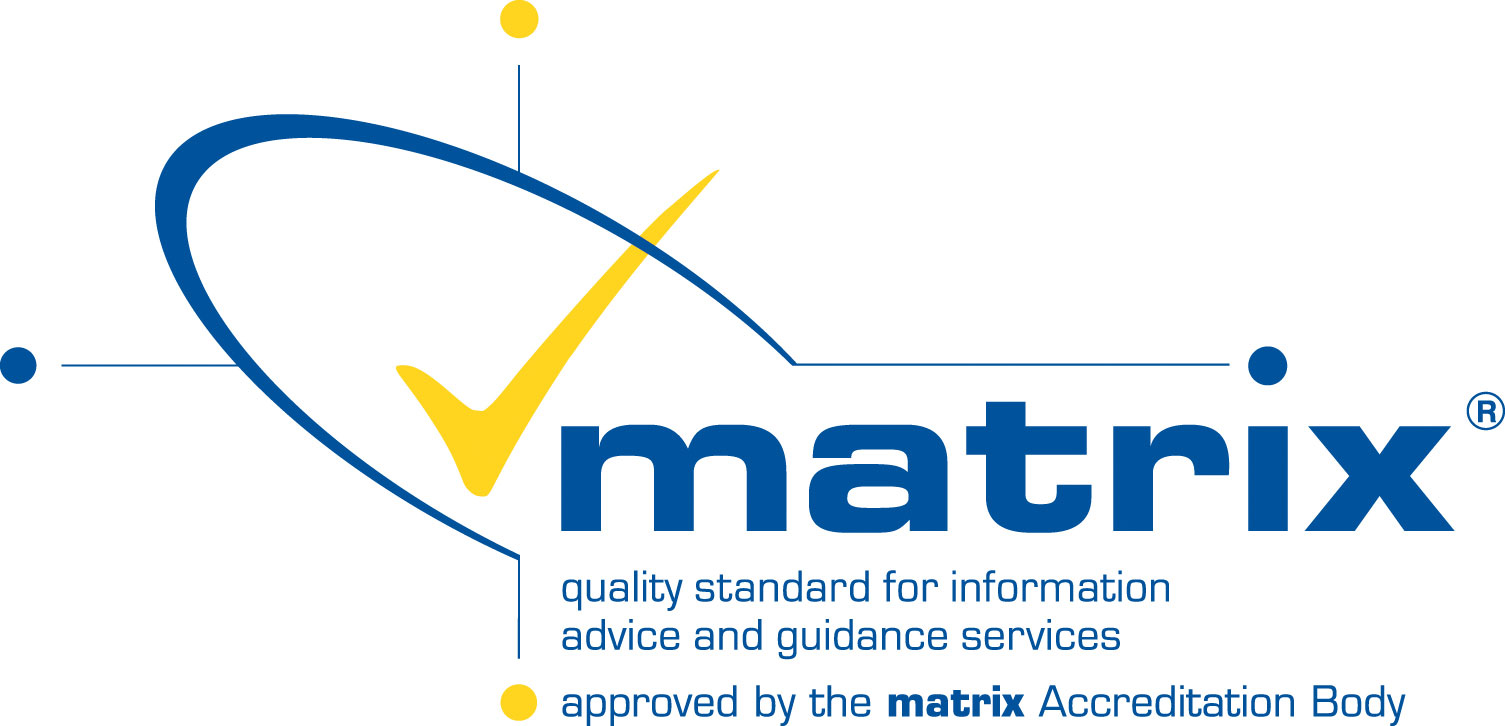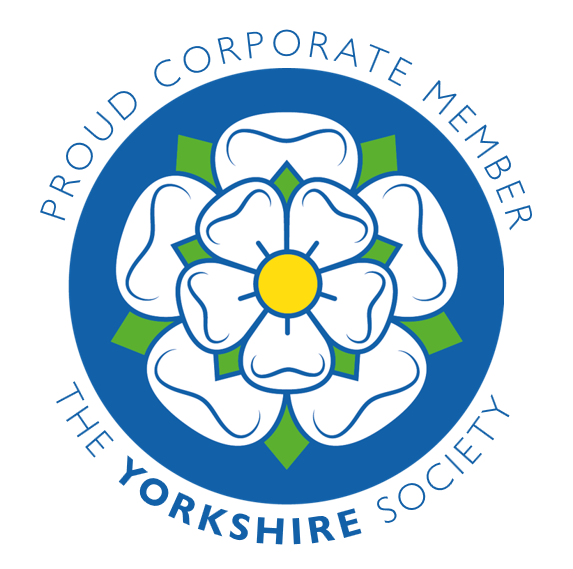Posted on 22nd February 2023
Doncaster-born Tom completed the National Horseracing College 12-week, residential Foundation Course in September 2014 and, upon successful completion, secured employment with Harry Fry in Dorset.
Tom was the second National Horseracing College graduate to have taken part in a mentorship scheme organised by the International Federation of Horse Racing Academies. Tom spent his mentorship in Kentucky, the cradle of racing in the US, under the auspices of Remi Bellocq, Executive Director for Equine Programming at the North American Racing Academy.
What equine experience did you have prior to commencing the Foundation Course at the National Horseracing College?
Before starting the Foundation Course at the National Horseracing College in September 2014, my equine experience was very limited.
My father had part owned a few racehorses when I was growing up which meant, along with my brothers, we attended the races regularly. However, in terms of being hands-on with horses, I had barely even touched a horse when I started the Foundation Course.
After completing my A-Levels, I turned down my offer from Leeds Metropolitan University to study Sport Business Management to pursue a career in the horseracing industry.
How do you feel the National Horseracing College prepared you for working in the horseracing industry?
Having started the Foundation Course with no practical experience, I quickly picked up the lifestyle of working in a racing yard, the daily routine, the riding and the care of the horses, amongst many of the other life skills that the course instils in you.
I feel that working in racing gives you a good grounding for a successful career in the industry. I completed the 12-week course and secured employment at Harry Fry’s yard in Dorset, where I had six successful seasons with the team.
What is your greatest achievement to date?
There has been plenty of highs within my career to date, so much so that its tricky to pick just one. I guess being a part of the Harry Fry team which produced Cheltenham, Aintree and Punchestown Festival winners was pretty incredible. One memory which really stands out for me, was the double win we had with Unowhatimeanharry and Minella Awards at the Punchestown Festival in 2017.
What does a typical day as a Clerk of the Course look like?
A typical Clerk of the Course race day starts with a course walk with my Head Groundsman, and a good study of the weather forecast is my usual routine as soon as I arrive on course at 6am. This determines any change to the going overnight and to update the Going via the British Racing website. I would then walk the course again, but this time with a TurfTrax going stick, to provide a going stick reading.
I then complete checks of the weighing room and other areas such as stables, veterinary box and medical rooms. Two hours before the first race, a third course walk is undertaken, this time with the Chair Panel Steward. As well as a final check of the going, we also ensure we are both happy with all rail positions. After I check in with Doctors, Vets and other officials, we are ready to race.
A Clerk of the Courses role throughout the day is to ensure everything runs as smoothly as possible; much of a Clerks role is done in preparation of the race day itself.
What skills, from working hands-on in a racing yard, have you carried over to your job as a Clerk of the Course?
I believe that starting out in racing, particularly a racing yard, is a solid foundation for a career in the industry and life itself. Working hands on in a racing yard, not only teaches you the basics of equine welfare, but it teaches a range of skills that are used in everyday life.
Personally, working in a racing yard, I saw this as more of a hobby rather than a job itself. I absolutely loved it! It gave me a clear understanding of how the racing industry works. Having been given the opportunity now as a Clerk of the Course, I am able to see how things are done from the other side of the rail, so to speak.
Describe the qualities you believe a Clerk of the Course must have?
I believe a Clerk of the Course must have a range of strings to their bow. Organisation, leadership, and good communication are just a few of several key assets a Clerk of the Course must possess.
What advice would you give someone who has aspirations of being a Clerk of the Course?
The main piece of advice that I would give to anyone wanting to start out in racing, would be to treasure every piece of advice that you are given. There are many knowledgeable and experienced people within the industry. I was always told throughout my training that no question is a stupid question. Everyone must learn, and I found the best way to do so, was to ask as many questions as I could.




